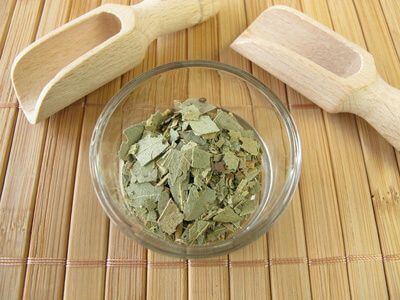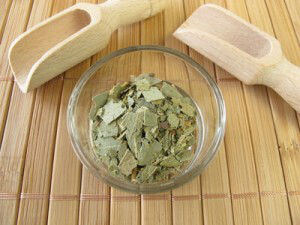
Lupus is a chronic autoimmune condition in which the body is unable to tell the difference between foreign invaders and healthy tissues, and essentially begins attacking itself. This leads to inflammation, pain and sometimes organ damage and infections, depending on the severity of the lupus.
The Lupus Foundation of America estimates that around 1.5 million people in the United States are afflicted with some form of lupus. It is most common in women in their thirties and forties. Approximately 70 percent of lupus cases are categorized as systemic lupus erythematosus, which can affect the skin, organs and joints. Some cases of lupus are milder, affecting only the skin.
The symptoms of lupus vary greatly depending on the individual. Some symptoms include oral and nasal ulcers, skin lesions, chronic fatigue, swollen joints and permanent hair loss. In serious cases, organ systems may become damaged and the individual may suffer serious complications.
While there is no medically recognized cure for lupus, various medications exist to keep symptoms at bay. Many people who receive this diagnosis are curious about natural options to relieve their pain and other symptoms.
Anti-Inflammatory Diet
Many people who suffer from lupus have found a degree of relief through sticking to an anti-inflammatory diet. This diet consists of eating lots of green, leafy veggies, raw and steamed, as well as omega-3 fatty acids, from sources such as oily fish and flax. Red meats and dairy products are recommended to be eaten at a bare minimum only.
Food sensitivities, such as a sensitivity to gluten, can often worsen the symptoms of lupus. It is recommended to stay away from any foods you feel you may be sensitive to. As gluten by nature has inflammation-promoting properties, avoiding it may be a huge step towards relief.
Avoiding alfalfa and alfalfa sprouts, due to their specific immune-stimulating properties, may help, as well as avoiding nightshades such as peppers, eggplant and tomatoes. Keeping your intake of omega-6 fatty acids, such as those found in vegetable, sunflower and corn oils, to a minimum may also prove beneficial.
It is also important to drink at least eight glasses of purified water per day, to keep your body thoroughly hydrated.
Herbs
Anti-Inflammatory Herbs
Herbs such as turmeric, grape seed extract and the Chinese herb bupleurum have anti-inflammatory properties that may help reduce lupus flare-ups.
A 2009 study linked curcumin, the active antioxidant ingredient in turmeric, to aiding in the prevention and treatment of inflammatory autoimmune diseases including lupus.
Note: Do not take turmeric with blood thinners without first consulting a medical professional.
Antirheumatic Herbs
Herbs including camphor, chamomile, eucalyptus and lavender have antirheumatic properties which may help reduce the joint pain and swelling associated with many lupus cases. These herbs may be taken as tinctures, drank in teas, or applied in the form of essential oils, depending on your specific needs.
Reishi Mushroom
Reishi mushrooms have been linked by some studies (Hayward, A.R., 1988) to easing lupus symptoms due to their balancing effects on the immune system.
 One Herb to Avoid
One Herb to Avoid
It is not recommended to take echinacea if you suffer from lupus.
In regards to all of the herbs and natural remedies listed above, it is imperative that you first consult a natural health professional to determine the ones that are right for your individual needs and body chemistry, as well as to determine dosage.
Controlling lupus symptoms is a delicate process, and caution must be taken when introducing something new. Finding a naturopath that you trust can greatly help you on your journey towards finding a natural solution to ease your symptoms so that you can enjoy a better quality of life.
-The Alternative Daily
Sources:
http://www.homemademedicine.com/home-remedies-lupus.html
http://www.anniesremedy.com/chart_remedy_lupus.php
http://www.anniesremedy.com/chart.php?prop_ID=77
http://www.livestrong.com/article/483060-turmeric-lupus/
http://www.curcuminresearch.org/PDF/Aggarwal%20BB-2.pdf
http://www.lupus.org/
http://www.meschinohealth.com/ArticleDirectory/Immune_Support_Reishi_Mushroom_Extract

